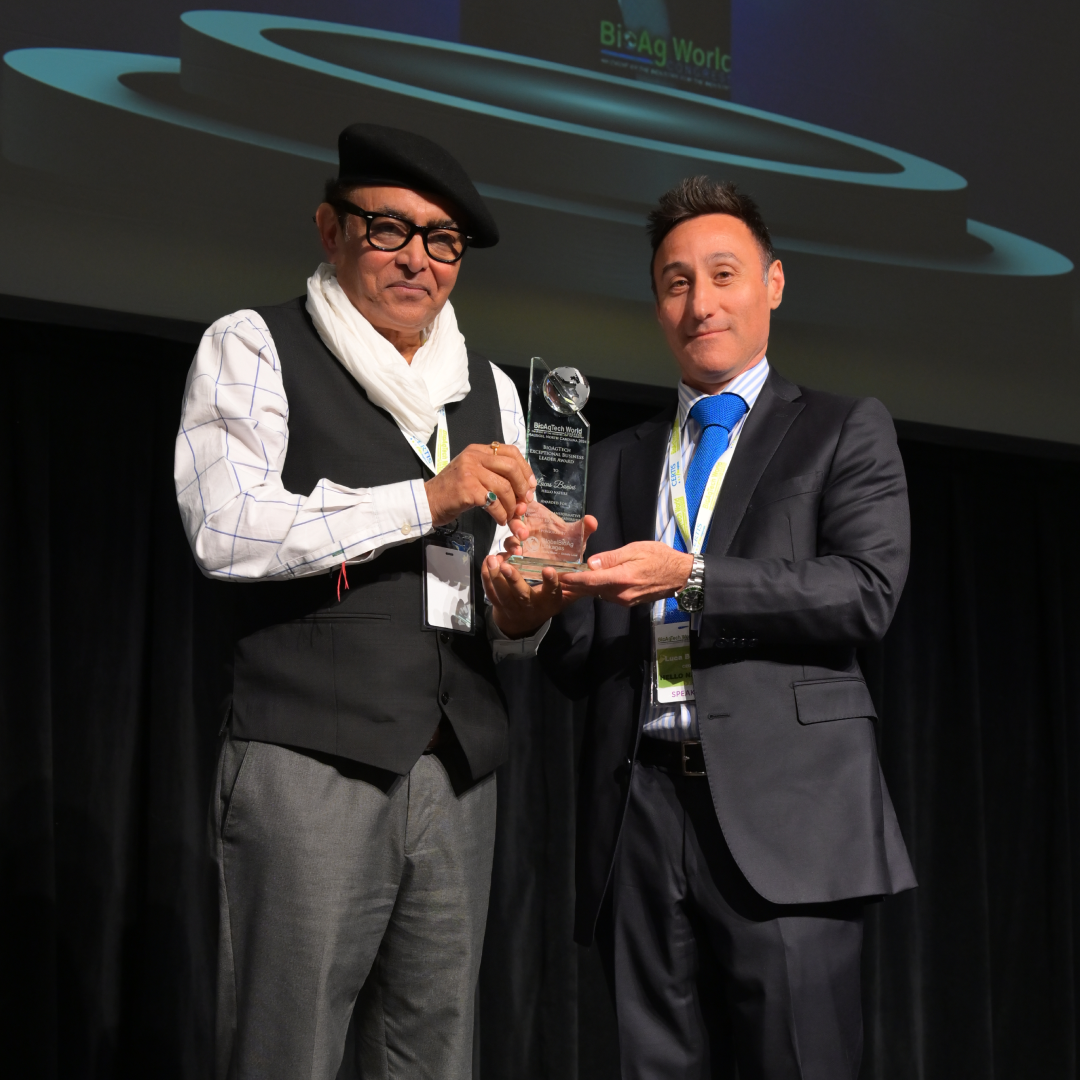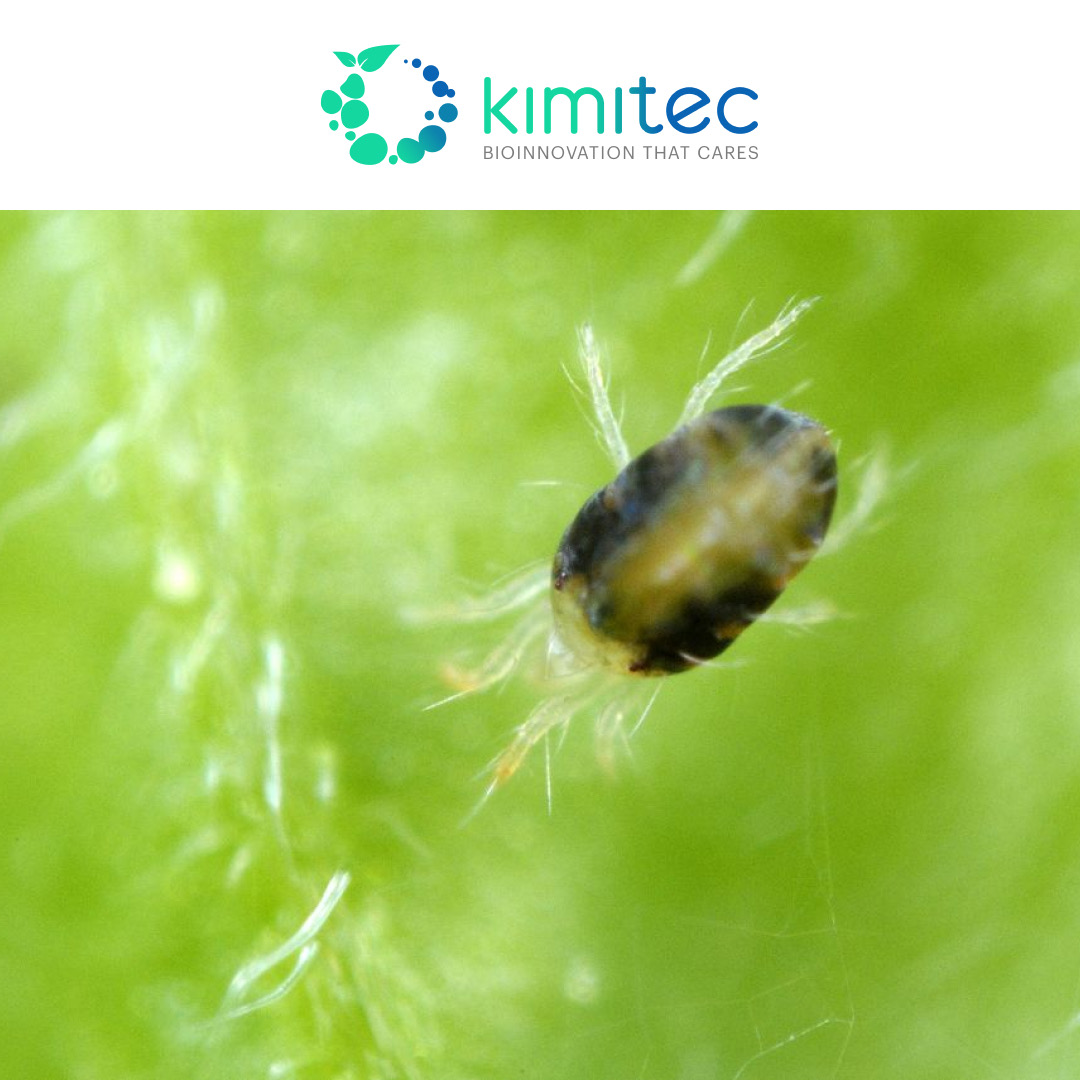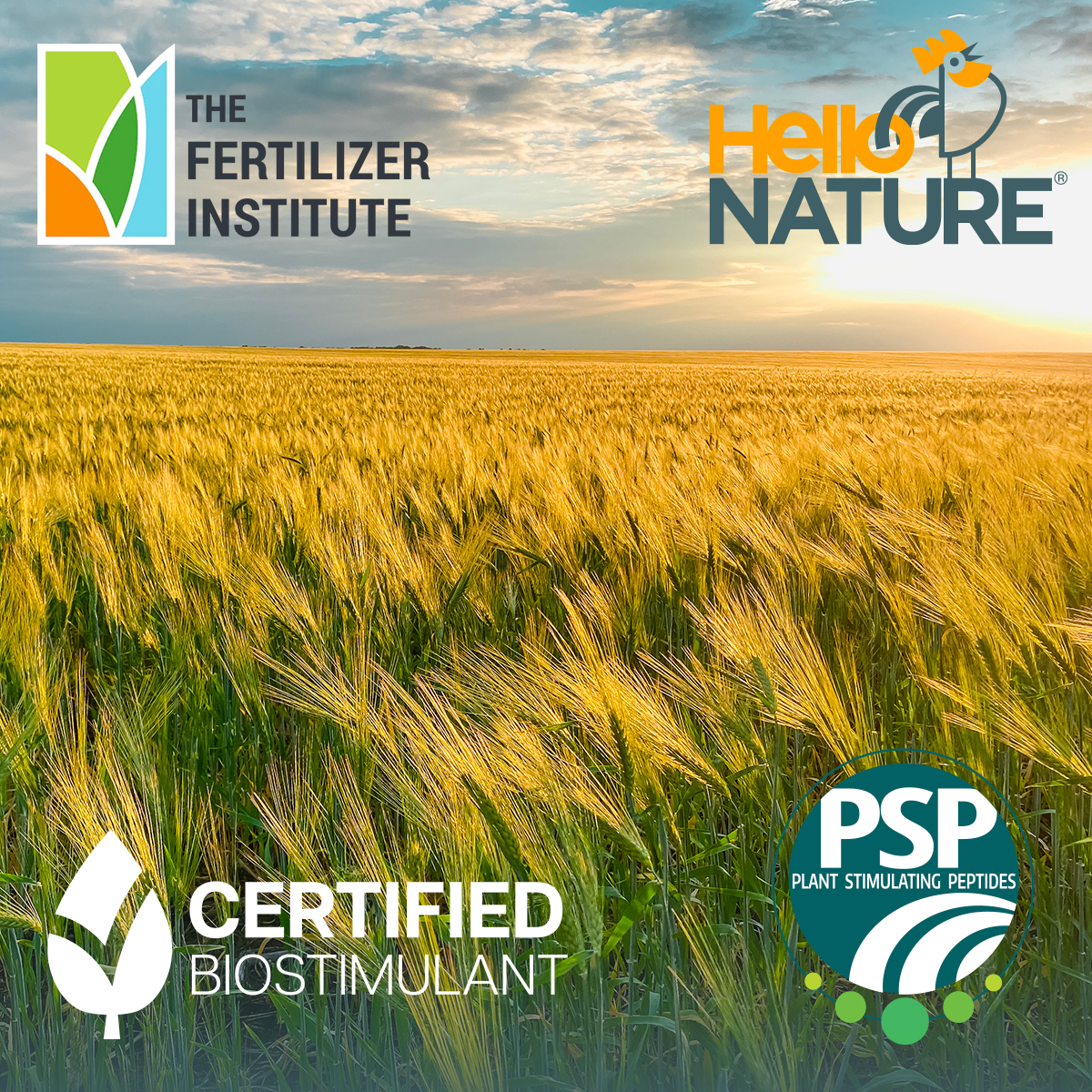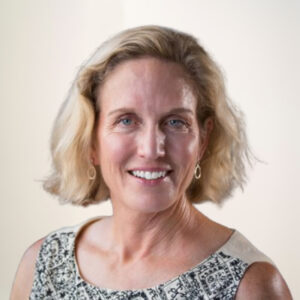
Cultivating Success: Spotlight on Juli Jessen in Agriculture
Juli grew up in Yuma, Arizona and attended high school there. She studied chemical engineering at Stanford University and then joined U.S. EPA. She joined Gowan in production and moved to regulatory affairs before returning to Stanford for an MBA. Various commercial positions followed. Since 2004, Juli has served as CEO. She has been on various national and regional industry boards to advocate for sound science policy for agriculture worldwide. Juli has a daughter currently in university. She enjoys riding, hiking, and swimming.
Q1. Tell us about your career path. How does it feel to be a part of GOWAN? At GOWAN do you feel you have been farmer centric?
I worked a short time for the government after university, then have been with my family’s business for several decades in various positions. We take pride in bringing the tools that best solve the grower’s problem. We feel this pride on different fronts. Firstly, we communicate science-based agriculture. To manage the impact we are making, we must measure the all-in resource cost of our practices. We consistently look at science over the image and aspire to find units to measure our progress as a society. We are proud of our Tribe, this is how we describe ourselves across Gowan Group. What we are building in Yuma, Arizona stands out as special. Our main office continues to add challenging global jobs to improve the community. Yuma is centered on agriculture, so it is easy for all working there, even inside an office, to feel part of the productivity. Our ‘Muddy Boots’ philosophy reiterates our passion for agriculture and the closeness we enjoy working hand in hand with growers season after season and year after year.
Q2. You have grown to the position of CEO taking different roles over the years. GOWAN acquired EcoFlora and Isagro and plans to have at least 20% of your revenue coming from biologicals. That is big. How do you plan to do that? What gives you the confidence to go forward?
I say 15%. We continue to build the biologicals portfolio in different ways. We constantly screen products and develop promising ones. We have some biologicals that we have sold for decades, but we continue to improve these with more robust formulations and deeper understanding. The total number is a global average. Some of our businesses in Latin America and Asia are beyond that number now as they are innovative in building diverse management programs. If we get to that number in the US and Canada, it will happen in years beyond our current planning horizon. We will probably be in an era of biosynthesis, not naturally occurring products. Europe is motivated to build biological programs, but the regulatory system there keep the programs mainly conventional or indirect control. Passion is the key. The enthusiasm to solve growers’ problems, excitement to put science out for the global good, and desire to make the environment better keeps me going. Passion directly transforms into confidence if you are passionate there is no room for self-doubt.
Q3. BioAg global community is looking towards leadership like you. What inspiration do you want to give to the young CP leaders, especially young women in the industry?
Getting direct exposure to production agriculture early in your career is an experience you can draw on forever. You can do this before you have an education; even jobs like irrigating or checking traps help you see what builds into the overall system. If you are educated to take on a professional role in the field, the pressure can be immense, but you grow personally and professionally. It becomes even more inspiring when you realize that the technologies you are developing in your labs are helping feed the world.
Q4. As a senior women leader, what are your future aspirations? What are your goals for GOWAN for sustainable agriculture in the next 10 years?
Since starting as a crop consultancy, Gowan has undergone several transformations of our strategic plan for delivering tools for growers to solve some of their most challenging problems. These are often narrow or specific; we will continue to work on these smaller market opportunities. With our acquisition of Isagro, we have an excellent research team at Novara. Because of this team and other pressure on the industry, we are finding opportunities to develop early-stage leads, biological, conventional, and other novel approaches. Though, we don’t do any discovery but have partners who do. Our goal is to have a comprehensive development program that will deliver solutions for several deep problems.
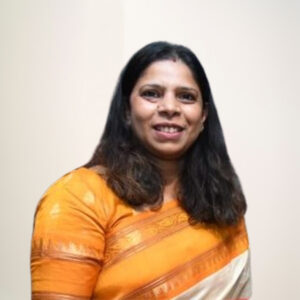
Cultivating Success: Spotlight on Mili Dubey in Agriculture
Mili Dubey is leading the ‘Food and Agri’ vertical in PHD Chamber of Commerce. Mili has 16+ years of rich experience in agri-consulting, agri-startup ecosystem management, agri-tech solutions, digital farming, commodity trading, sourcing & procurement, and policy formulation. She has been associated with NAFED, Virenxia, and ICFA among others has also worked extensively with foreign embassies (Brazil, Ghana, Sudan), and corporates (NRDC, NASSCOM, Global GAP). She has expertise in liaising with the Indian central government, trade bodies, and state governments to shape development policies and strategies.
Mili holds a bachelor’s degree in Industrial Microbiology and MBA in Agri & Food Business from Amity Business School, India specializing in Retail and Supply Chain Management.
Q1. Can you talk about your career path- how did you start your career and is this what you always wanted to do?
I started my professional journey with NAFED, an apex organization of marketing cooperatives or agriculture produce in India. Like every other young professional, had a few more opportunities to select from but I chose a workplace that was much closer to the direct ag stakeholders. Here I experienced working with cooperatives, executing various central schemes, continuously optimizing the agricultural value chain and most important policy development/ modification. With a solid foundation in this industry, relevant educational background, and the smiles you treasure by meaningfully touching the lives, the pull was way stronger to evaluate other industries to work for! Since then, I have been associated with this industry in different capacities and various roles driving a great deal of satisfaction at the end of each day!
Q2. Generally, women have a deeper insight into the “FOOD” and “HEALTH” of the family being home managers. Do you think this puts them in an advantageous position when working professionally in the agriculture industry?
Women have a special place in Indian society and their knack to balance the nutritional needs of the family inadvertently makes them the best choice. Traditionally, women have always been looked up to as ‘nutrition experts’ and ‘home doctors” with a fine knowledge of the various benefits they bring (including medicinal). Having this knowledge is a definite plus, however, this represents a portion of the full ‘Farm to fork’ value chain. The agriculture industry presents unique challenges not only across process, people, and technology but also the intriguing chemistry across various stakeholders (not limited to policy curation, propagation, implementation, and adoption).
Q3. Agriculture was considered to be a male-dominated sector, especially in developing countries wherein holdings are small and marginal. Can you talk about the strengths and challenges of a woman working in agriculture in a rapidly developing country like India?
Participation and contribution of women has always been vital in the agriculture industry, however, the role may be skewed towards the agricultural workforce compared to decision-making and leadership. As the global workplace is evolving with more inclusion and diversity, India is no different. Women have always been seen as value-oriented (preserver and creator), a tad more compliant to the guardrails, and easy adopters (change agents). These all are the key support mechanisms for women to succeed in a rapidly-developing country like India with fast-paced disruptions. Nevertheless, bringing a change in an age-old, traditional setup is never easy and the first step is acceptance within the team. The constant scanner for evaluation, the slightest of mistakes that take center stage, and the feeling of being treated as special (than achievement) make the going tough and mentally absorbing. I would like to congratulate many of the women leaders for showing the way by setting examples and providing continuous support for more and more participation which is inevitable.
Q4. What gives you the confidence to go forward and drives you to lead from the front? What advice would you give to women entering the BioAg industry?
While the journey of learning is perpetual, learning along with its ecosystem is the genesis of confidence in anything and everything which we do. I must admit that the knowledge received from my gurus, experiences offered by my workplace, guidance from my mentors, my ability to absorb/ imbibe them, and the constant belief system from my family are the cornerstone for the confidence that I take to the workplace every day. The strong urge to meaningfully contribute every day, my ability to motivate the team, speak transparently, provide clarity to the team “what we are doing and why” and navigate through the biases lets me lead from the front. To the women entering this sector, my 2 cents are, to be fearless in what you do, you have a lot of value to add and a unique opportunity to contribute. You are uniquely positioned to participate in the next wave of growth in this rapidly transforming industry. Look out for guidance and support and the world will be yours!
Q5. What are your future goals? What do you want to achieve for the Indian agriculture industry at PHDCCI and how are you getting there? What’s PHDCCI mandate or scope?
There is a huge machinery that has been at constant work to bring the policymakers, relevant stakeholders, and beneficiaries in sync. However, the key success measures of agility, transparency, efficiency, effectiveness and feedback loop provide a whole lot of opportunities to further streamline the process aided by technology. I am very keen to position myself as a key contributor in this role which can transform thousands of lives!
Today, the world is working on a war footing towards sustainable agriculture, given the climate change and scarce resources for food security. International Year of Millet 2023 is one such chapter. PHDCCI is an apex think tank body for 117 years and is promoting millets in India. I am leading this effort in bringing the lost glory of millet as the staple food (in many more edible ways) as my first target at PHDCCI. We are working on bringing various stakeholders together with a common agenda to bring millets back into peoples’ diets through constant awareness, consumer outreach, and sensitizing farmers. I am also trying to establish PHDCCI as the CoE (Center of Excellence) for sustainable agriculture in India. This will also serve as the single largest repository of national knowledge and serve as the collaboration platform including global partnerships.
PHDCCI mandate is to act as a catalyst for the promotion of Indian industry, trade, and entrepreneurship. It is a pan-India, apex organization acting as a” Voice of Industry Trade” to 1,50,000+ large, medium, and small industries.

